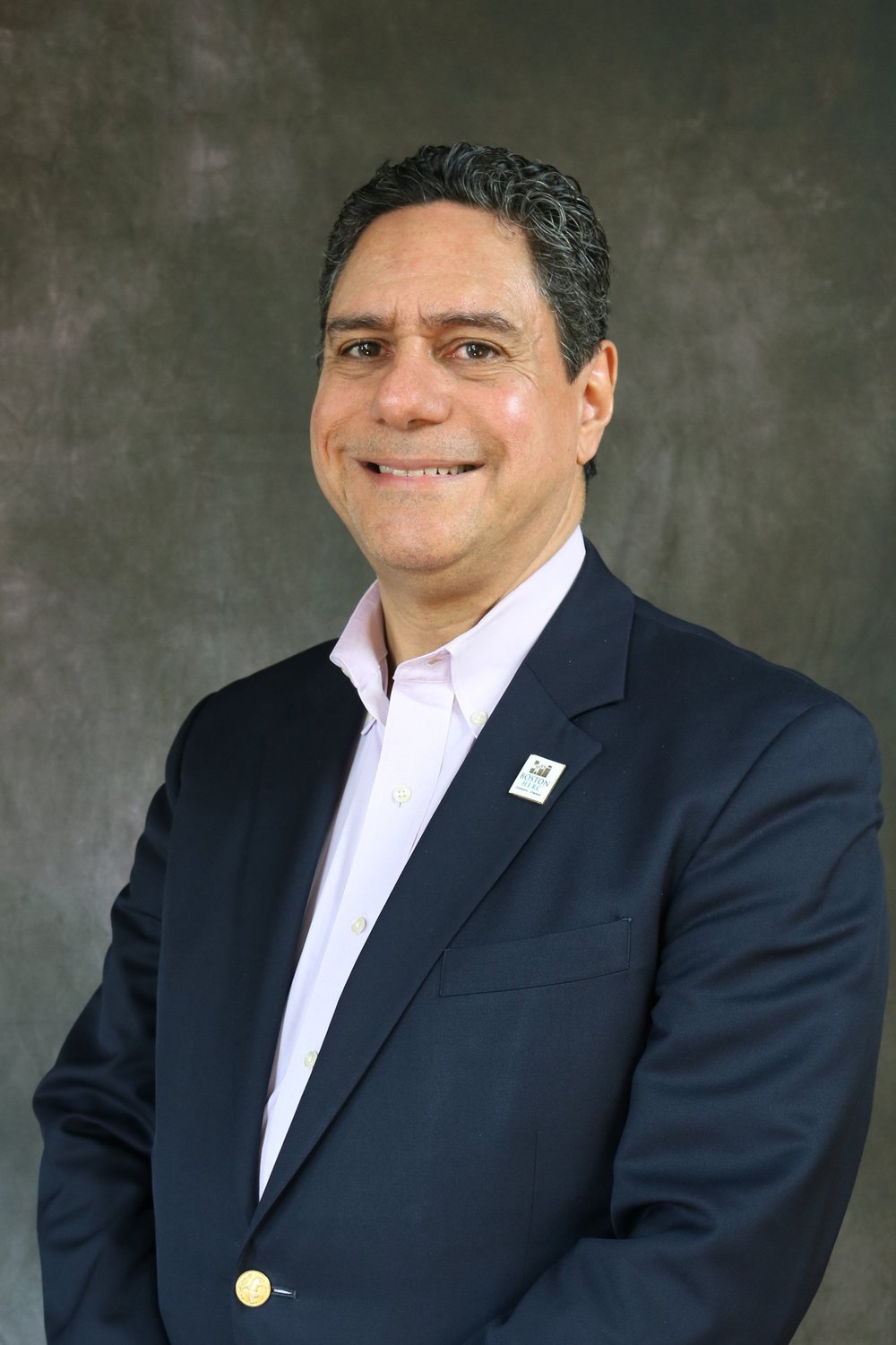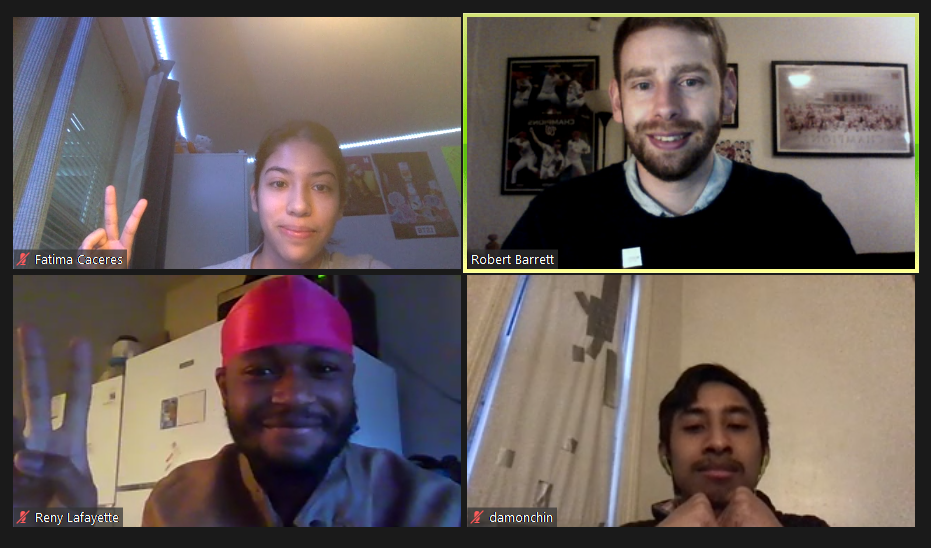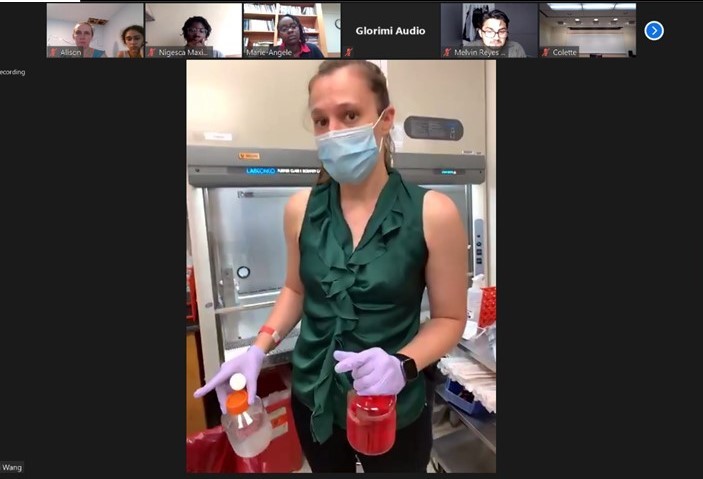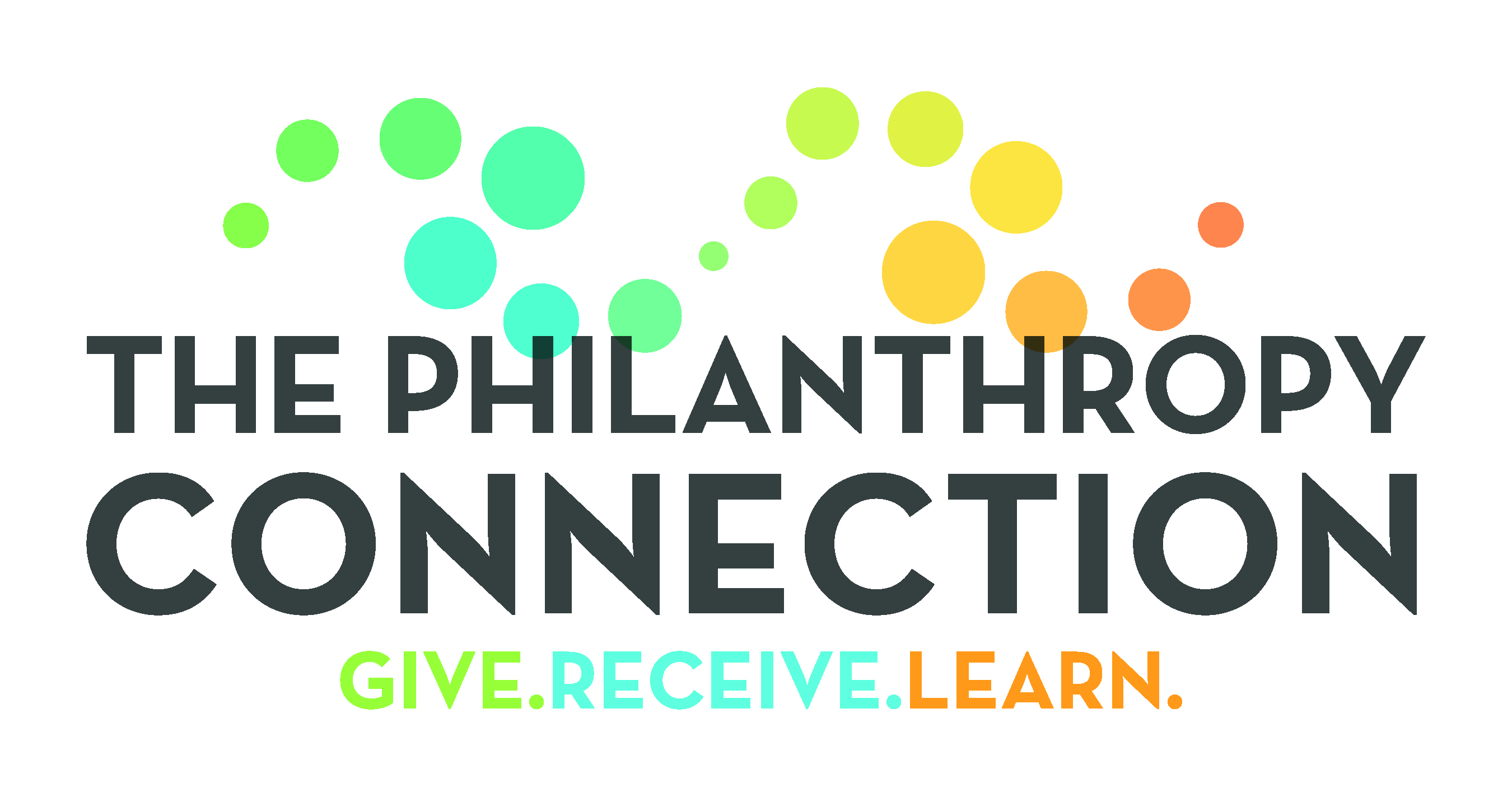The Interview with Samuel Acevedo, Executive Director

Since last year’s March TPC Link interview, a lot has happened at HERC, a second-year TPC grantee partner. HERC works to close the education gap between economically disadvantaged first-generation-to-college students of color and the general school population. From the COVID-19 pandemic to the rapid increase of social justice and anti-racism movements, HERC has been on the ground, responding quickly and innovatively to community needs. We met with Executive Director Sam Acevedo and his team to touch base on developments since 2020.
Sam had big news to share: Boston HERC is collaborating with seven other Boston nonprofits to create and execute the “Campus Without Walls” initiative. The effort, which Sam mentioned to us in our “Digital Divide” September Dialogue, brings together multiple students from various high schools and different learning environments to provide online access to certain topics, subjects, and teachers not available at their own schools. This collaboration was made possible through their partnership with, among others, Boston After School and Beyond, Build, and Boston Public Schools. As schools shifted to remote learning in response to COVID-19, HERC’s program participants were impacted by the loss of a supportive in-classroom environment.
“The minute Boston Public Schools closed on St. Patrick’s Day almost a year ago, we knew we had to do something,” Sam said. “Thanks to colleagues Carolina de Jesus, Erin Diaz, Robert Barrett, and so many others, that same day we launched a remote learning platform. We were connecting with students, calling them, hosting Zoom meetings.

“We also shifted our space in the South End to respond to immediate needs. We’ve converted to places where there are special, individualized desks with PPE for students who need it. We’ve had fewer than a dozen students drop in at a time, abiding by safety protocols. These students have usually been referred to us by school counselors.”
As the team sprung into action with virtual support for students, Sam said his team began thinking, “This is liberating. Why should we stick to our traditional cohort model? What if we turned it into a master class online learning platform experience for students of color, to receive academic content they would not otherwise have access to in their under-resourced high schools?”
Sam explained, “We decided on a format…a “campus without walls.” The thinking was that by adhering to the old model, a school may not have resources for an AP class or a dual-enrollment program; in the new, virtual model, that same school’s students would have the ability to reach across schools or districts to access classes from any schools that participate in the Campus Without Walls program.

HERC decided to extend its programming, thanks to the access that virtual education provided. “Coaches stopped limiting who they worked with, and we began having workshops with students from multiple high schools,” Sam said. “We started by completing FAFSAs (financial aid applications) together online, and that morphed into weekly workshops that we opened to the world. We were getting students from Maryland and other areas outside of Boston.”
This success motivated HERC’s team to continue serving students, expand new programs, and keep its eyes on the future. The team developed an online College and Career Exploration Seminar, with each week dedicated to a different career field (e.g., medicine, music, entrepreneurship). All facilitators were volunteers, including Boston HERC Passport Program alumni, who also helped the students navigate the COVID world. “All of this dovetailed into similar and wonderful innovation being led by the community,” said Sam.
The demands brought about by COVID-19 have resulted in other Boston HERC innovations supported by TPC. “We launched a full-blown, autonomous Alumni Success program specifically to support graduates of the Passport Program in high school. This would not have happened without The Philanthropy Connection,” Sam stated. “Our previous TPC liaison, Olivia Taylor, asked us ‘What is the most burdensome need of your organization?’ Answering this question really challenged us to think about the most pressing need of the organization, and we landed at the alumni program.”

Sam explained the concept of “summer melt,” where high school graduates who have been accepted to college don’t start school in the fall for various reasons. “For our students who are already adrift, first-generation, and vulnerable, the summer has the potential to become an extinction event for otherwise first-generation college students. We were able to launch an effort to bridge this gap successfully with the leadership of Neisha Gonzalez, now our Director of Alumni Success.”
“This would not have happened had TPC not planted that seed, or had we not had the funds you provided to underwrite this initiative. We now have an alumni mentoring initiative, with its own coordinators. Within this program, we are connecting mentors to students who feel lost, to get them back on track. We also have an AmeriCorps-funded coordinator who manages and tracks the success of our alumni mentor initiative through MMP (Mass Mentoring Partnership). Who was our connection to them? TPC.”
